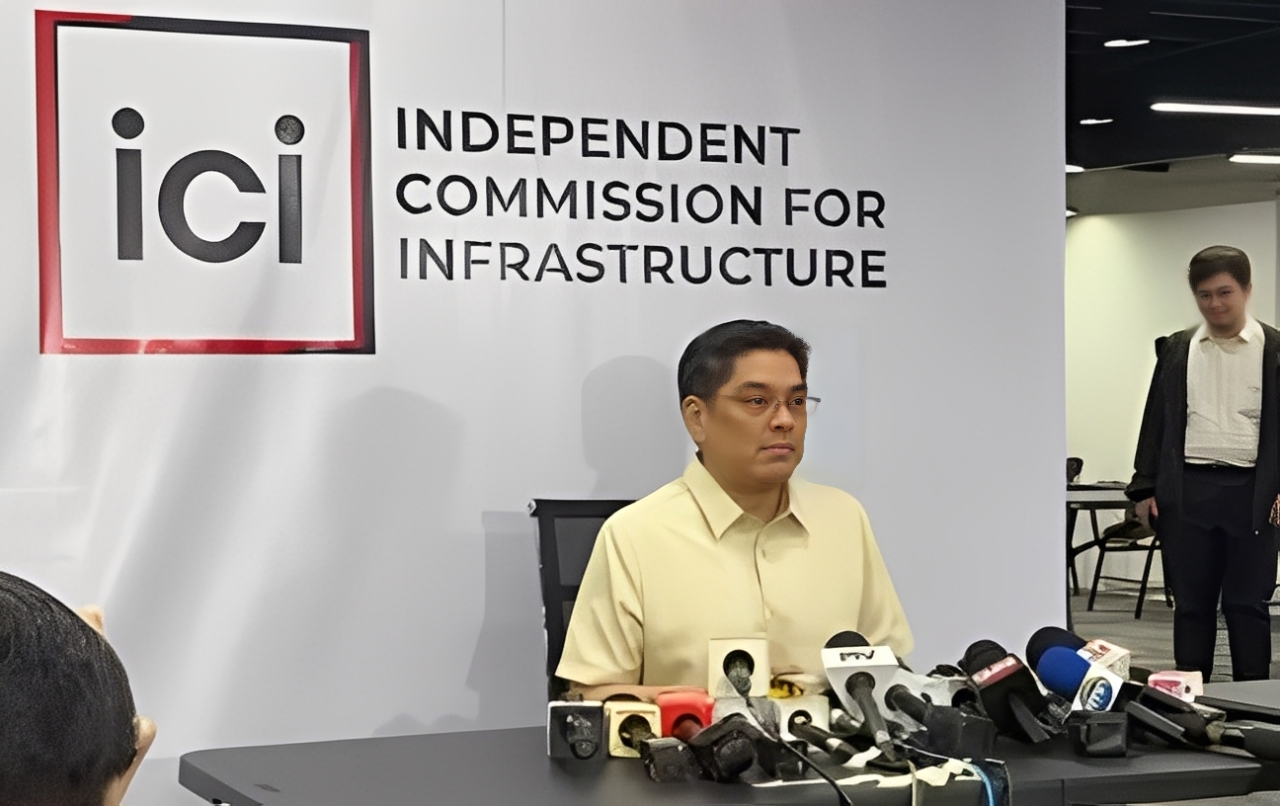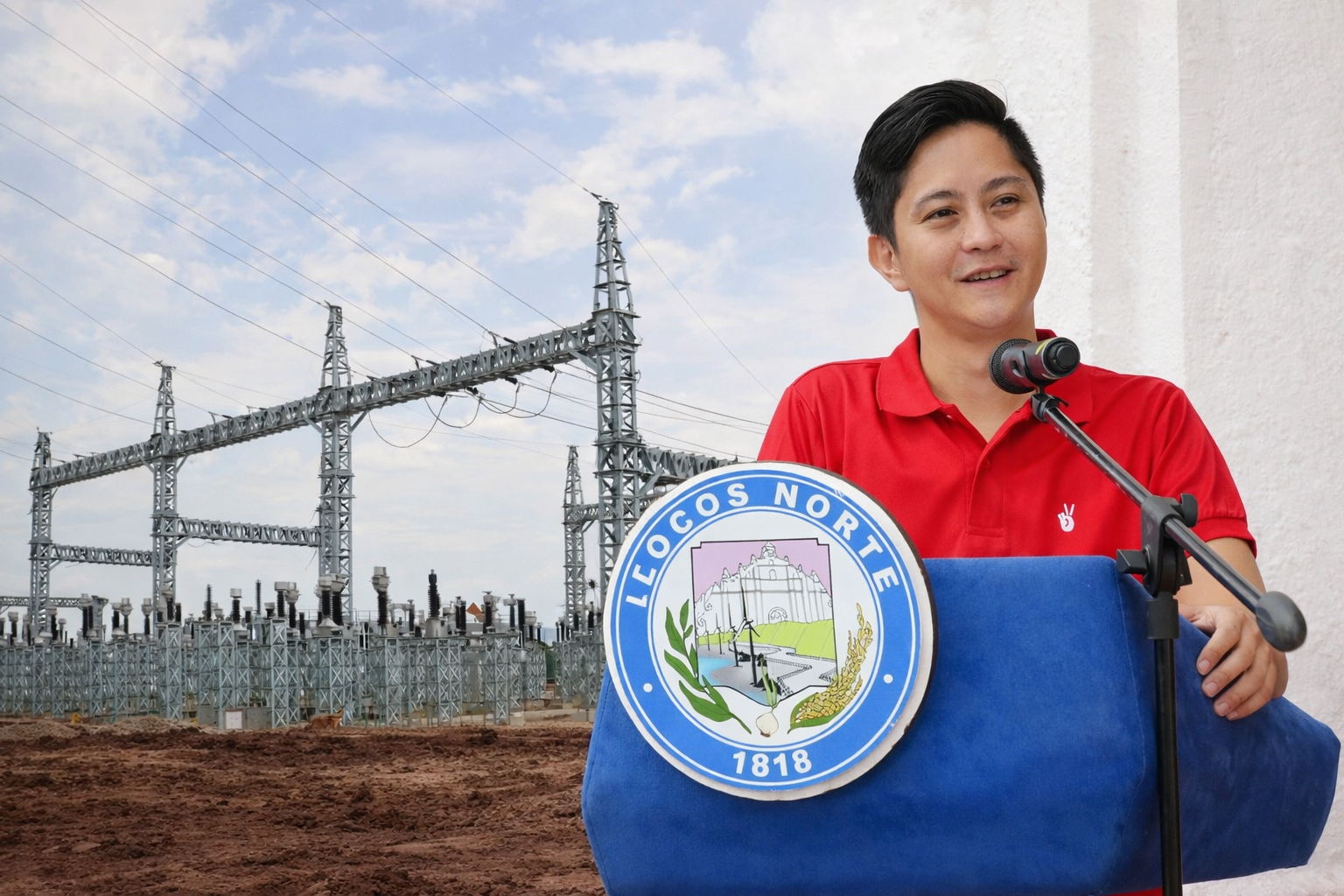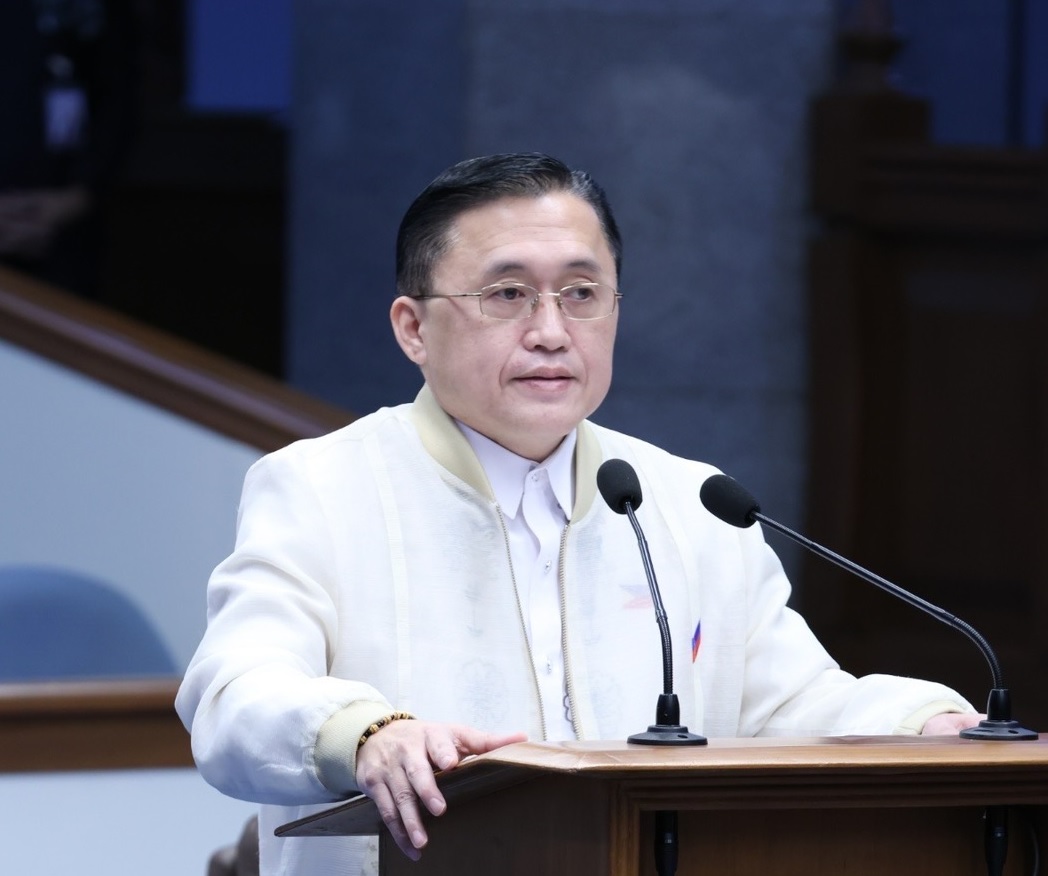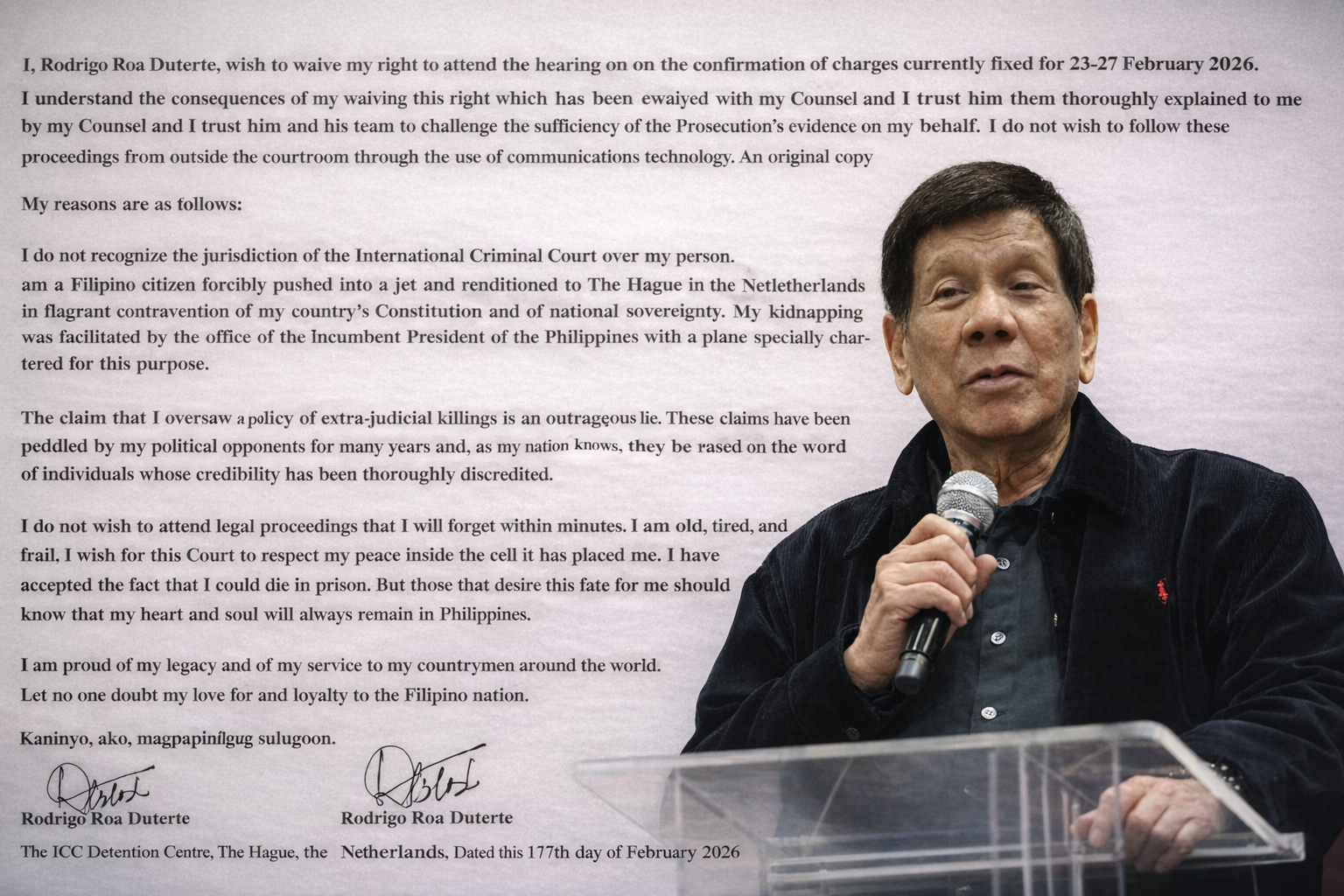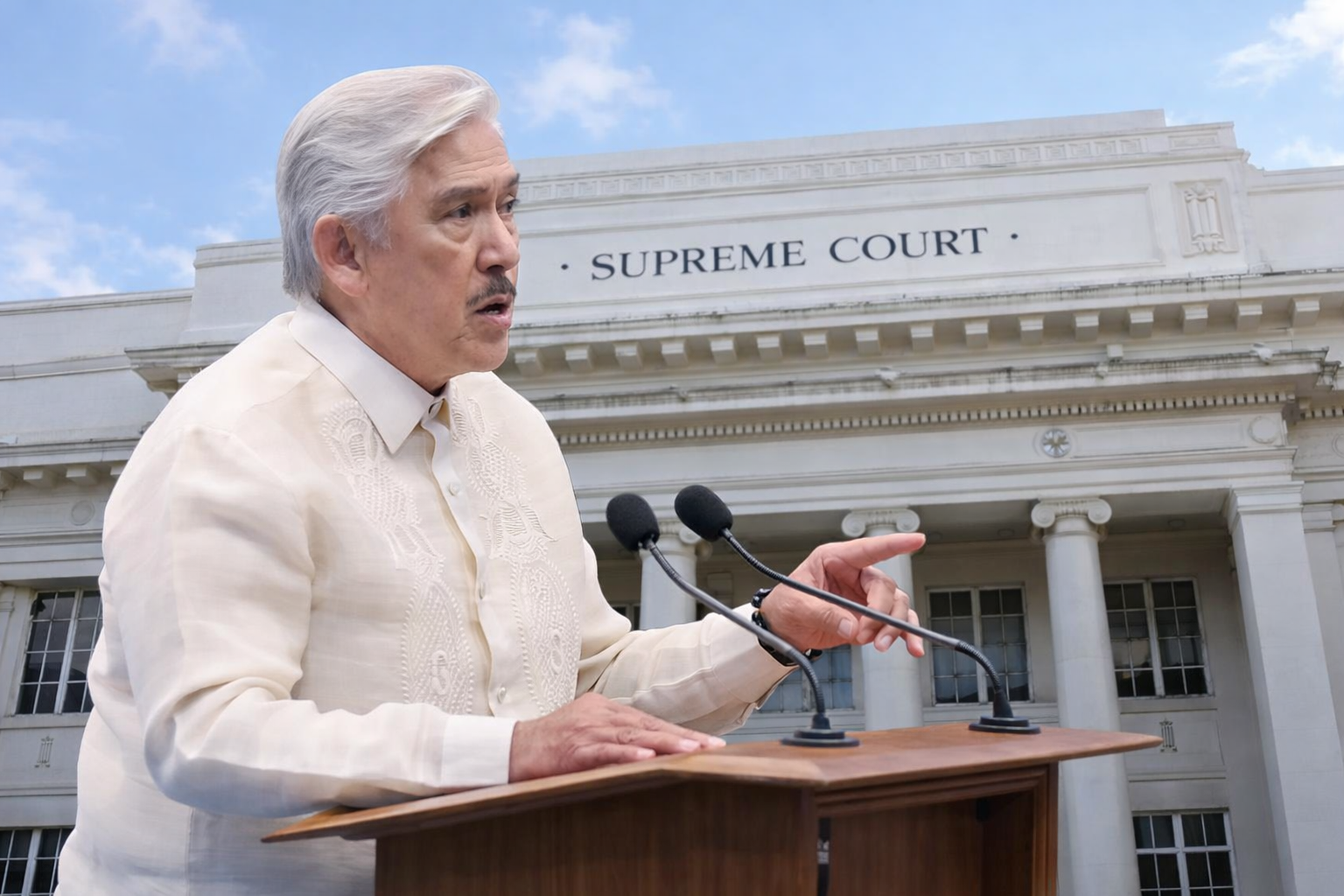When President Ferdinand Marcos Jr. created the so-called Independent Commission for Infrastructure (ICI) through Executive Order No. 94, the public was told this was a bold step to cleanse the government of corruption — particularly in flood control projects where billions have been wasted.
But as the weeks pass, and the rhetoric grows louder than results, the question now lingers: is this reform, or just another political illusion?
In a recent press briefing, Special Adviser Rodolfo Azurin Jr. admitted that, “as of now, wala pa kaming nakikita” — referring to government officials who may be charged in connection with the anomalous flood control projects. He emphasized that the investigation will go “from bottom to top,” starting with district engineers and contractors.
A noble promise on paper, but in practice, it sounds like a convenient delay tactic.
Everyone knows corruption in public works doesn’t begin at the bottom. It starts with those who decide where the money goes — the politicians who dictate allocations, the officials who approve the bidding, and the fixers who orchestrate the “SOP” system behind every overpriced bridge and phantom dike.
So when the ICI claims that only project signatories and contractors are currently identified, it sends one clear signal: the investigation is safe — for now.
The irony bites harder when you realize that Congress has stopped its own probe, and the Senate Blue Ribbon Committee — once the symbol of legislative oversight — has turned into a circus of clowns and acrobats, losing credibility the moment a retired Marine whistleblower implicated the Speaker of the House and, indirectly, the President’s own cousin.
Suddenly, the ICI became the “only” show in town.
But perhaps that was the plan all along.
The pattern is familiar.
When the outrage becomes too loud, form a commission.
When the questions get too close, hide behind “ongoing investigations.”
And when the findings come out, punish the expendable — the engineers, the small contractors — while the real masterminds quietly toast their victory over dinner.
This is how political theater works in the Philippines: dress corruption with bureaucracy, mask inaction with process, and call it reform.
The ICI may have subpoena powers, may hold hearings, and may even file charges — but without political will, those powers are nothing more than paper shields.
The people deserve more than another government production designed to entertain outrage and protect the powerful.
Accountability should not end where family ties begin.
If the Independent Commission truly wishes to prove its name, then let it do what the others fear to do — follow the money up, not just down.
Because until that happens, the ICI remains what it increasingly appears to be:
an illusion of independence in a nation drowning in deception.

